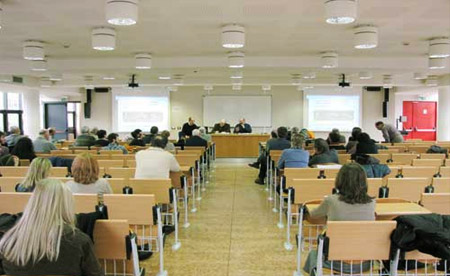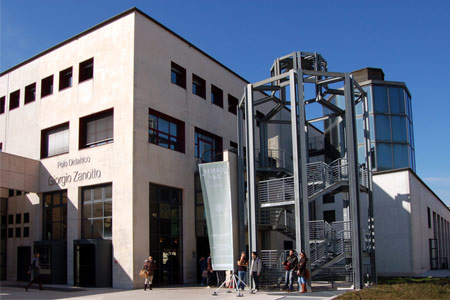The project "Communities and Custom in the European Legal Systems (12-13th centuries)", funded in the framework of NextGenerationEU, is undertaking comparative research on communities and local custom as shaping forces in the making of the European legal systems. The twelfth and thirteenth centuries saw the centralisation of most European polities, a process that paved the path towards what historians describe as the making of the European states. Whilst this centralisation was traditionally interpreted in terms of central powers increasingly dominating local communities, recent reappraisals reassessed the agency of communities. Questions of method and approach, especially on the meanings and functions of custom, however, play a significant role in influencing our view of such a vital period in the history of Europe. An innovative combination of methodologies from history, law, and anthropology explores the interconnections between the centralisation of the legal systems and the development of local powers. By avoiding simplistic oppositions centre-periphery, ComCELS compares the meanings and functions of custom in sources produced within different communities, in court, and at law schools. It considers selected areas of England, the cradle of the common law, to undertake broader comparisons with France and Italy, areas influenced by the ‘learned’ Civil law.







